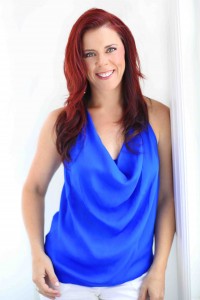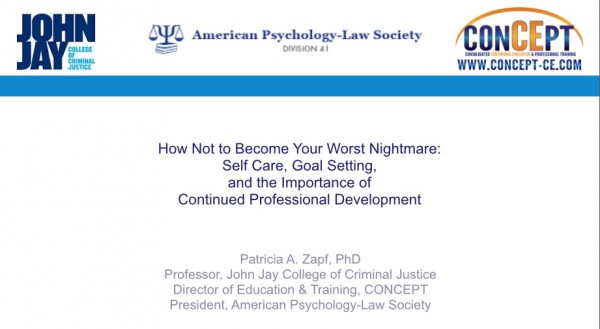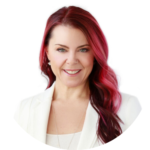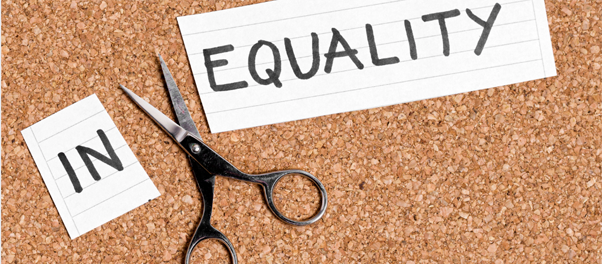 This September I had the great opportunity to kick off the American Psychology-Law Society (AP-LS; Division 41 of the American Psychological Association) Student Committee’s webinar series. In this series, the Student Committee asks different leaders in the field of psychology and law to present on topics that are of interest and importance to students in the field. As the current President of AP-LS I was thrilled to be asked to kick off this year’s series and decided to speak about an issue near and dear to my heart and my professional vision–the importance of self care, goal setting, and continued professional development.
This September I had the great opportunity to kick off the American Psychology-Law Society (AP-LS; Division 41 of the American Psychological Association) Student Committee’s webinar series. In this series, the Student Committee asks different leaders in the field of psychology and law to present on topics that are of interest and importance to students in the field. As the current President of AP-LS I was thrilled to be asked to kick off this year’s series and decided to speak about an issue near and dear to my heart and my professional vision–the importance of self care, goal setting, and continued professional development.
If you have spent any time with me professionally you know that I have taken on two missions in recent years:
Mission #1
First, to further our efforts in translating the work that we do in this field to the various audiences that can benefit from this work…practitioners, researchers, clinicians, members of the public, policy makers, legal professionals, graduate students, high school students, etc. There are many groups of people who can benefit from having high quality information about issues relevant to the field of psychology and law and so it has become a mission of mine to attempt to improve our efforts at both translating and disseminating the work that we do in this field to those that can use it.
Mission #2
Second, to promote the importance of continued professional development. As graduate students we have our continued professional development activities planned for us and, although we are instilled with the importance of lifelong learning throughout our graduate studies, it takes a concerted effort on our part to actually plan for our own continued professional development after we graduate. Too often professionals attend Continuing Education workshops or lectures simply because most of us are mandated by our licensing boards to complete a requisite number of CE credits each year to maintain our licensure. While some of these CE opportunities are directly in line with our own professional goals, many times they are simply selected because they are convenient, work with our schedule, or offered close to home. It seems to me that a better strategy would be for each of us to take some time each year to reflect on our current knowledge, skill set, and level of expertise and then to plan continued professional development activities that will help us improve any areas of deficit or build areas of strength…with the ultimate goal of moving us closer to our own professional goals.
Webinar
In this webinar, I get a chance to talk a bit more about how we can work towards our own continued professional development by setting goals, reflecting on our own strengths and weaknesses, and taking care of ourselves. Since giving this webinar I have had emails and calls from students asking how they can further their own professional goals and take care of themselves at the same time…the answer is always the same…reflect on where you are, where you want to go, set goals (both personal & professional; both short-term and longer-term), and then schedule accordingly. Time management is the key to success…if it’s not scheduled on your calendar, it’s not real. When your schedule starts to become overwhelming, look back at your goals and let them guide you towards what you need to say no to and what you should keep on your calendar. Each of us have 24 hours in our day and some of us (think President Obama, Oprah, Bill Gates, or whoever you see as extremely successful) do a lot with that time…the key is time management (saying yes to those things that will further your own goals and politely declining those things that will serve as detours or deterrents to meeting your goals).
Special thanks to Casey LaDuke and Meghann Galloway for organizing the AP-LS Student Committee webinar series!























